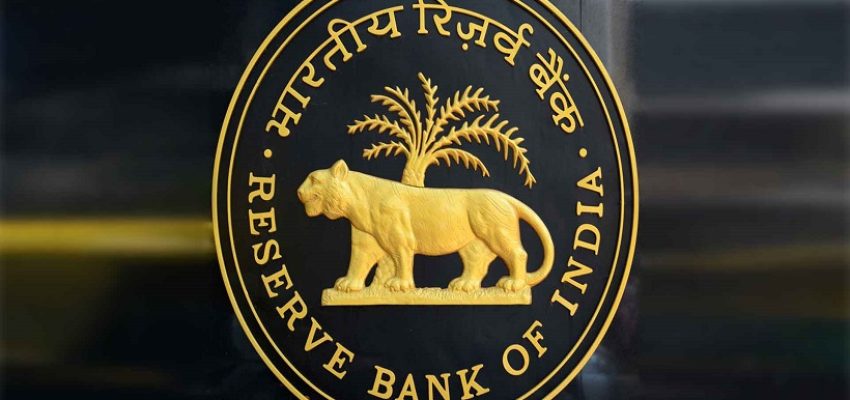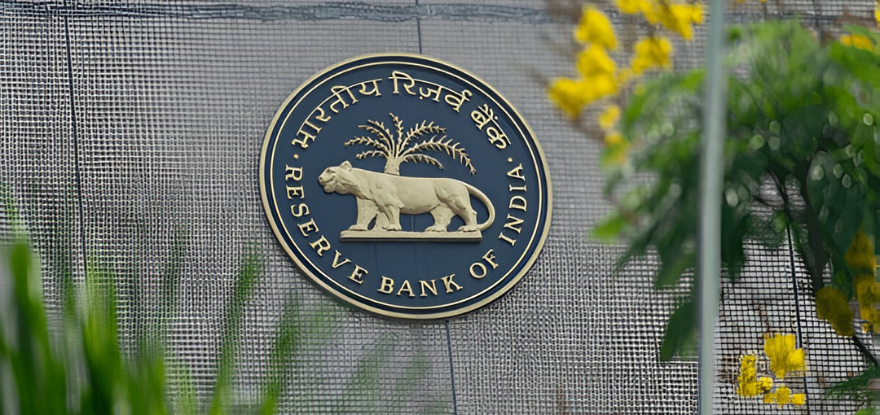Reference: Reserve Bank of India
Update:
RBI permits UPI transactions for recurring payments:
In view of the promotion of digital payments, RBI has permitted processing of e-mandate for recurring payments through UPI (Unified Payments Interface).
This functionality will allow UPI users to bypass additional factor authentication (AFA), a security measure put in place for card payments that requires OTP – one-time password verification) during registration and 1st transaction.
Under this facility, an agreement is formed between the consumer and the merchant bodies and the payment of the outstanding dues is done automatically on the fixed date of the month. However, the maximum permissible limit under this payment system shall be Rs 2,000 per transaction.
Implication:
All the instructions / conditions outlined in the circular under reference would apply, mutatis mutandis, while processing e-mandate in UPI
Update:
Framework for imposing monetary penalty on authorised payment system operators / banks under the Payment and Settlement Systems Act, 2007:
RBI has released the revised framework for imposing monetary penalty on authorised payment system operators / banks under the Payment and Settlement Systems Act, 2007 for not complying with regulatory requirements.
RBI has powers to impose monetary penalty in respect of certain contraventions as well as compound certain contraventions. The type / nature of contravention for which penalty can be imposed and compounded are different and vary. This has been detailed including the procedure to be followed.
RBI is empowered to impose a penalty not exceeding ₹ 5 lakh or twice the amount involved in such contravention or default where such amount is quantifiable, whichever is more, in case of contraventions / defaults. If such contravention or default is a continuing one, a further penalty up to ₹ 25,000/- for every day after the first during which the contravention or default continues, can be imposed.
RBI is empowered to compound contraventions of any of the punishable offences under the Act, not being an offence punishable with imprisonment / imprisonment and fine.
Implication:
This will ensure safety and security to various stakeholders, including customers.
Update:
Directions to Sri Gururaghavendra Sahakara Bank Niyamitha, Bengaluru, Karnataka:
RBI has issued certain Directions to Sri Gururaghavendra Sahakara Bank Niyamitha, Bengaluru, Karnataka whereby, as from the close of business on January 10, 2020, the aforesaid bank shall not, without prior approval of RBI in writing grant or renew any loans and advances, make any investment, incur any liability including borrowal of funds and acceptance of fresh deposits, disburse or agree to disburse any payment whether in discharge of its liabilities and obligations or otherwise, enter into any compromise or arrangement and sell, transfer or otherwise dispose of any of its properties or assets except as notified in the RBI Directions dated January 2, 2020, a copy of which is displayed on the bank\’s premises for perusal by interested members of the public.
In particular, a sum not exceeding Rs. 35,000/- (Rupees thirty five thousand only) of the total balance in every savings bank or current account or any other deposit account may be allowed to be withdrawn subject to conditions stated in the above RBI Directions.
Implication:
These Directions shall remain in force for a period of six months from the close of business of January 10, 2020 and are subject to review.
Reference: Central Board of Indirect Taxes and Customs
Update:
Extension of due date for filing Form GSTR 1:
CBIC has extended the one-time amnesty scheme to file all FORM GSTR-1 from July 2017 to November, 2019 till 17th January, 2020.
Implication:
Taxpayers will have more time to file the return.







